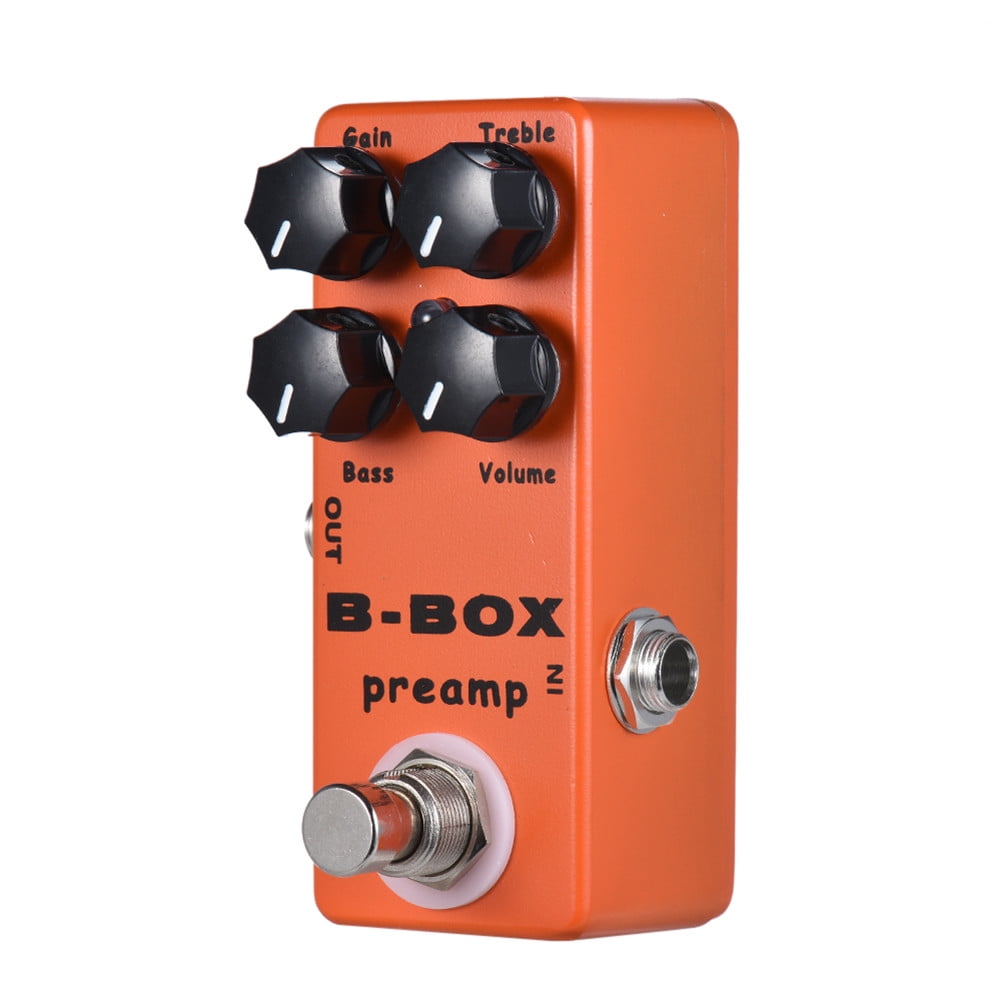
(Image credit: Getty/Charles Gullung) What is buffered bypass?īuffered bypass is simply where part of the circuit stays in the signal path whether the main circuit of the pedal is active or not.

Pedals can interfere with one another - for example, an always-on guitar tuner out of your main signal path - and issues like ground loops and hum caused by poor wiring in the building or grounding issues can be beyond your power to resolve. Anything else I should know?Įven a pedalboard of mostly true-bypass pedals isn't a silver bullet against signal noise. This can be mitigated using a pull-down resistor, but can be difficult to eliminate completely. Moreover, the way the main circuit is brought in and out of the signal chain quite often results in an audible 'pop' if there is any DC in the signal path. They're physically loud when clicked, which means that if the circuit is microphonic in any way, you're likely to hear the click coming out of your amp. Those heavy-duty switches are a double-edged sword. Cable capacitance means that lots of guitar cables, or long cable runs, can quickly kill the top-end of your signal. Is your tone preserved? Obviously the bypassed pedal can't impact your sound any longer, but removing all buffers from your signal chain can be a much bigger issue. Given that we own Boss pedals from the 80s that still work, however, we're inclined to not worry about this one too much. Underneath the hood of many relay-bypass pedals is a flimsy-looking switch, whereas many of even the cheapest 3PDT footswitches are not only tougher externally but may survive more usage cycles. This one is probably a little bit overworn, in our experience. This particularly affects older fuzzes, or boutique pedals like the Fuzz Factory that are descended from them. Generally this is due to the impedance that they expect being that of a guitar pickup, rather than a buffered pedal output. The reason they change the sound is usually due to their interaction with cable capacitance, but we'll get onto that later.Ī genuine concern could be that some pedals don't sound as good with a buffer, or a buffered pedal in front of them. Depending on the buffer design, this might not be desirable, although it's worth saying that most buffers are almost completely transparent. It's true to say that buffers affect the tone of your guitar. Some pedals have feedback loops that can lead to oscillation - think of fuzz pedals like the Z-Vex Fuzz Factory - and this noise could be introduced into the signal path if it wasn't true bypass. Any noise that is normally not audible when notes are going through the circuit can be problematic when there is no signal passing.


 0 kommentar(er)
0 kommentar(er)
